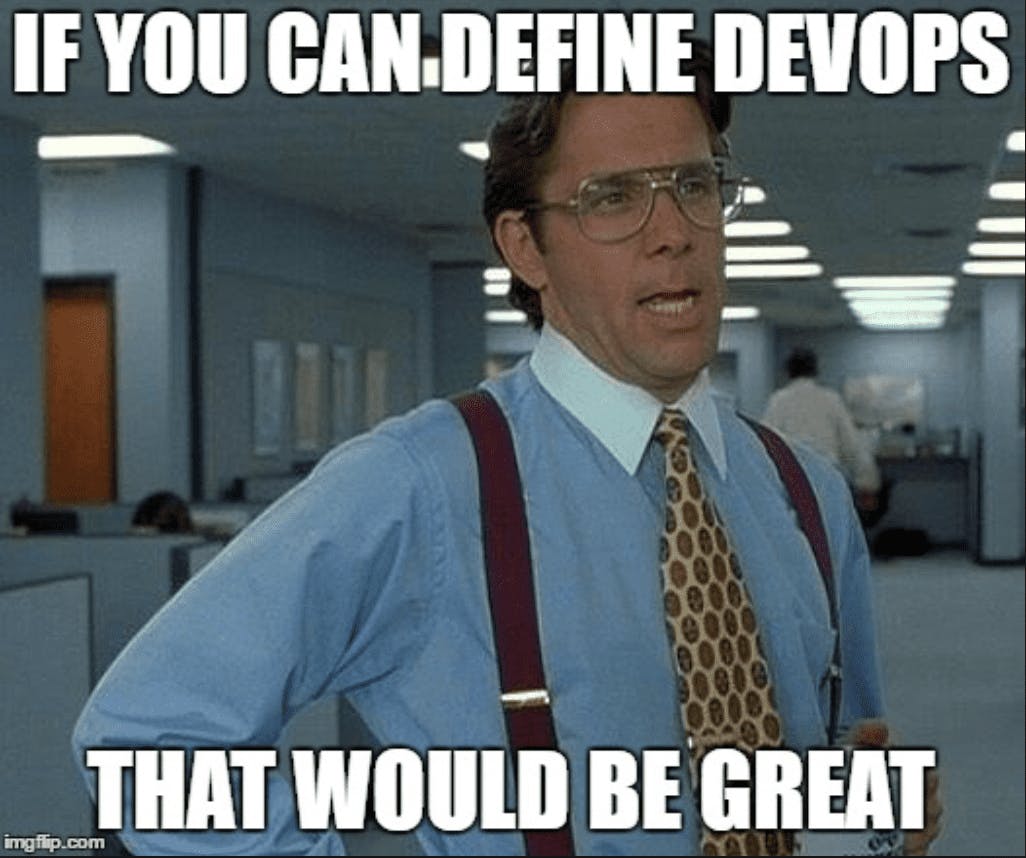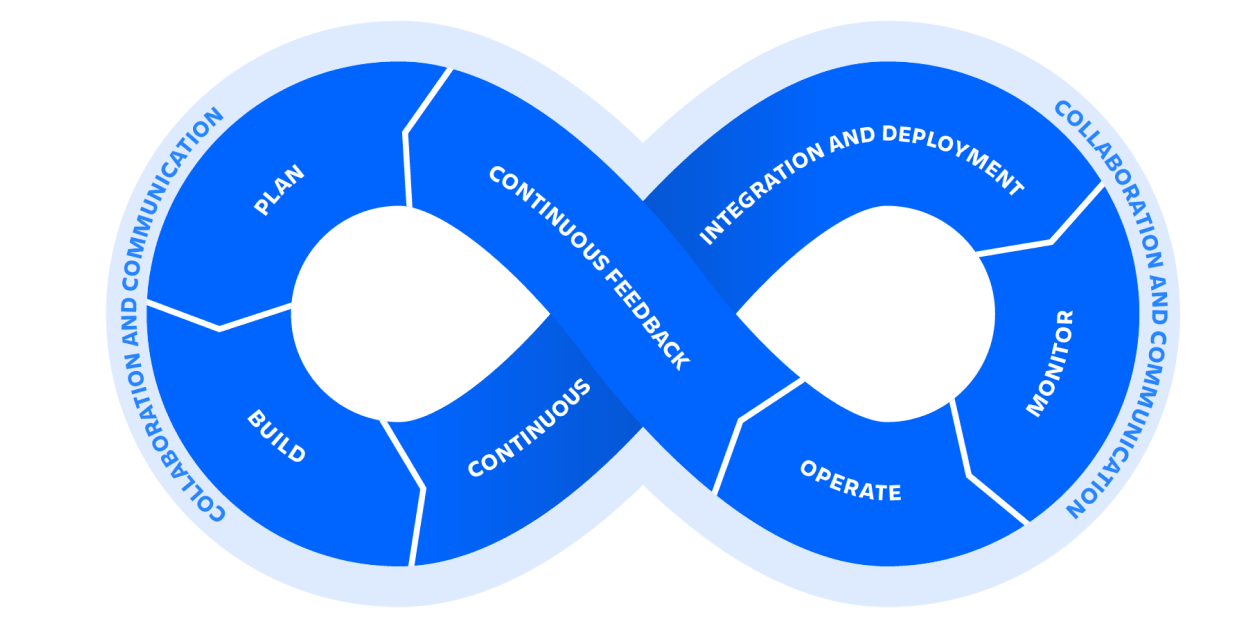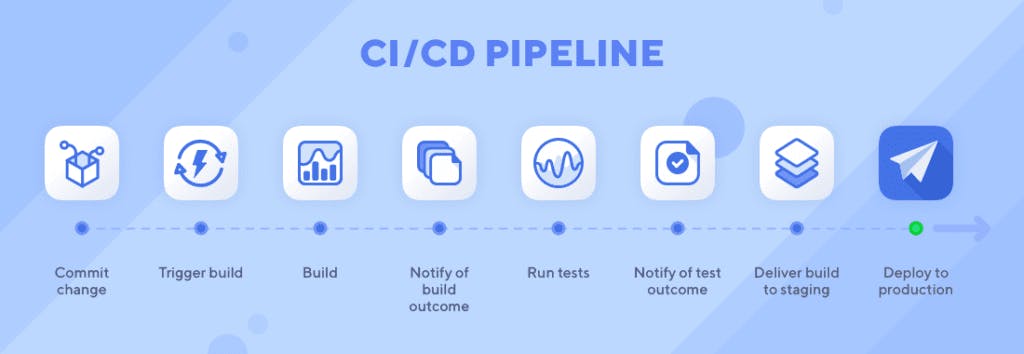So recently DevOps is a term which is in the light. Every Web2/Web3 companies need DevOps guys but there aren't many. So ever wondered what “DevOps Engineers” actually do? What does “DevOps” even mean? This blog aims to explain the concept of DevOps to someone who's learning or someone who wants to know what value DevOps Engineer brings to the organisation.

What is DevOps Anyways?
DevOps is a set of practices, tools, and a cultural philosophy that automate and integrate the processes between software development and IT teams. It emphasises team empowerment, cross-team communication and collaboration, and technology automation. DevOps is not a job description, or a discipline. DevOps is a mindset, a culture, and a set of technical practices.
DevOps means bringing all the people(Dev's & Ops), processes, and technology together to continuously deliver value.
The DevOps movement began around 2007, when the software development and IT operations communities discussed about the traditional software development model and the drawbacks and how to overcome because developers who wrote code worked apart from operations who deployed and supported the code. The term DevOps, a combination of the words development and operations, reflects the process of integrating these disciplines into one, continuous process.
The DevOps lifecycle

The infinity loop shows the phases of the DevOps lifecycle despite appearing to flow sequentially, the loop symbolises the need for constant collaboration and iterative improvement throughout the entire lifecycle. The DevOps lifecycle consists of different phases where the left side of the loop focuses on development and the right side focuses on operations.
- Plan: During the planning phase most of teams adopts the Agile methodology Its an approach to project management and software developments to help team break works into smaller pieces to deliver fast.
- Build: For building, companies uses version controls. One of the most famous and widely used is Git. Git is free and open source tool offers excellent support for branching, merging and rewriting history. In the current time it also helps to create workflows and build processes.
- Continuous integration and delivery: CI/CD allows teams to release quality products frequently from source code repository to production with automated workflows. Teams can merge code changes frequently, deploy feature flags, and incorporate end-to-end testing.

- Operate: The operate phase involves maintaining, monitoring, and troubleshooting applications in production environments. In adopting DevOps practices, teams work to ensure system reliability, high availability, and aim for zero downtime while reinforcing security and governance.
- Monitor: Continuous monitoring is a step towards the end of the DevOps process. The software is usually sent for production before continuous monitoring is conducted. Continuous monitoring informs all relevant teams about the errors encountered during the production period. Once detected, these flaws are then looked into by the people concerned. DevOps tools for continuous monitoring include Prometheus, Monit, Datadog, and Nagios.
Benefits of using DevOps
DevOps includes several business and technical benefits, many of which can result in happier customers. Some benefits of DevOps include:
- Speed: Faster, better product delivery
- Improved collaboration: DevOps was earlier a methodology for collective collaboration which has been taken over as roles but still its resolves the same problem and helps team collaborate effectively.
- Quality and reliability: Faster issue resolution and reduced complexity, Greater scalability and availability, More stable operating environments, Greater automation, Greater visibility into system outcomes, Greater innovation
- Rapid deployment: By increasing the frequency and velocity of releases, DevOps teams improve products rapidly.
and many more.
Resources:
- Saiyam Pathak DevOps Roadmap: youtu.be/7l_n97Mt0ko
- Kunal Kushwaha DevOps BootCamp: youtube.com/playlist?list=PL9gnSGHSqcnoqBXd..
- TechWorld With Nana: DevOps Explained: youtube.com/watch?v=0yWAtQ6wYNM
Conclusion:
This blogs aims to help you get started by knowing what DevOps in and out is there are many more stuffs which i will be continuing in the series of DevOps.
Leave a like👍 or comment if you have doubt.